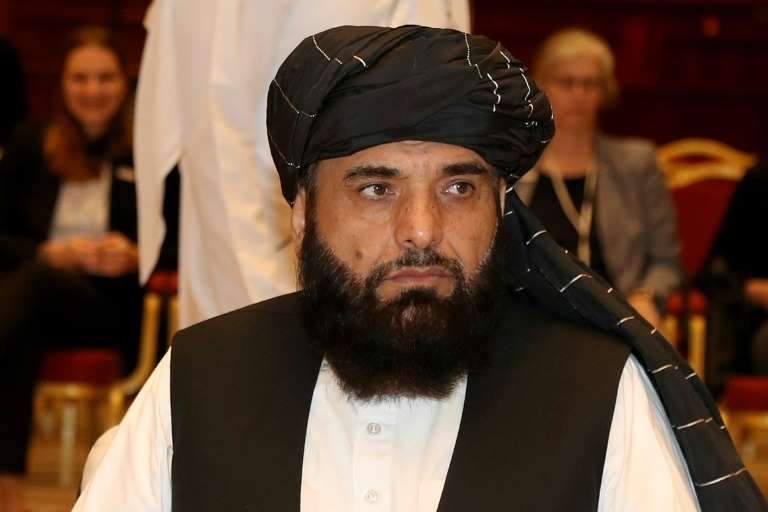Taliban reject Afghan ceasefire offer during Ramadan

The Taliban have dismissed a government call for a Ramadan ceasefire in Afghanistan, saying a truce is "not rational" as they ramp up attacks on government forces.
Afghan President Ashraf Ghani appealed to the militants to lay down their arms for the Islamic holy month that began Friday, as the country battles the growing coronavirus pandemic.
But the Taliban's spokesman Suhail Shaheen tweeted late Thursday to lambaste the government's offer, citing ongoing disagreements over a potential peace process and a delayed prisoner exchange as reasons to keep fighting.
"Asking for ceasefire is not rational and convincing," wrote Shaheen as he accused the government of putting prisoners' lives at risk during the outbreak.
Under a landmark US-Taliban deal signed earlier this year, the Afghan government and the insurgents were by now supposed to have concluded a prisoner swap and started talks aimed at bringing about a comprehensive ceasefire.
The latest round of bickering comes after dozens of Afghan security forces personnel were killed in a fresh wave of violence launched by the insurgents this week.
The attacks have mostly been limited to rural areas and small towns. Under the US-Taliban deal, the insurgents have agreed not to attack cities.
American and other foreign forces have pledged to quit Afghanistan by July 2021 provided the Taliban stick to several security guarantees and hold talks with the government.
Under a landmark US-Taliban deal signed earlier this year, the Afghan government and the insurgents were by now supposed to have concluded a prisoner swap and started talks aimed at bringing about a comprehensive ceasefire.
Ghani has been calling for a lasting ceasefire with the Taliban for years, only to be ignored by the increasingly emboldened insurgents.
The Taliban instead have mocked Ghani's government, referring to them as "puppets" controlled by foreign powers, and have roundly refused to engage in peace talks as they intensify attacks on Afghan forces.
Photo: © KARIM JAAFAR Taliban spokesman Suhail Shaheen dismissed a government call for a Ramadan ceasefire in Afghanistan











